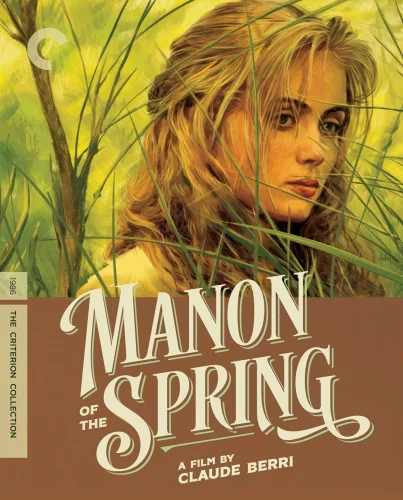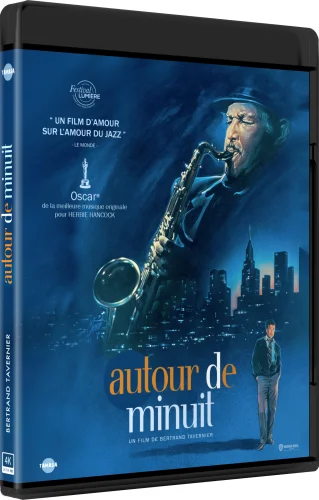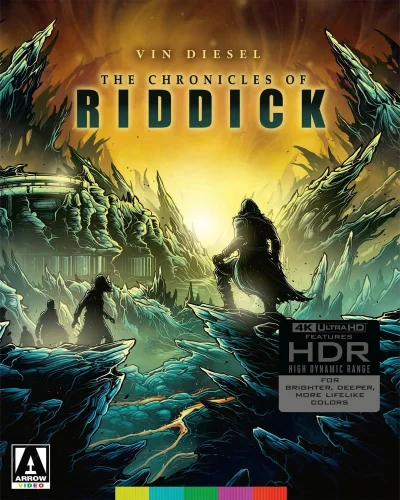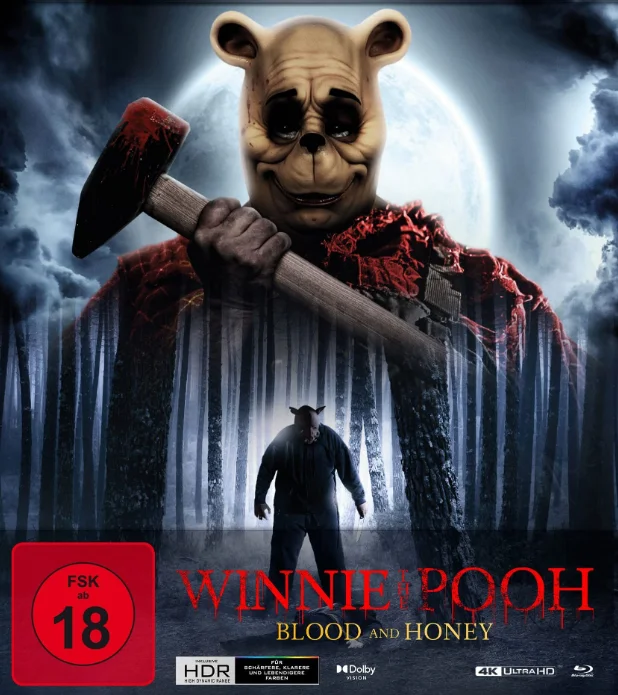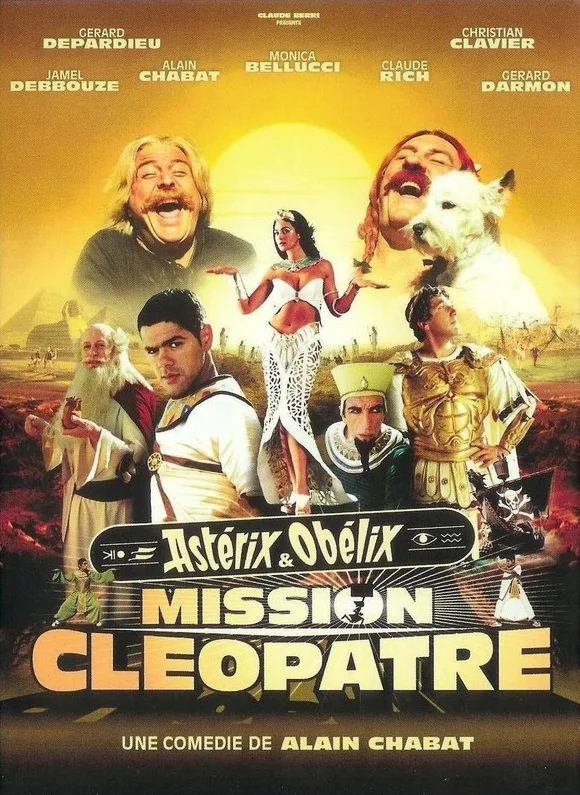Jean de Florette 4K 1986 Ultra HD 2160p
This movie and its sequel, Manon from the Source, were filmed simultaneously and cost 120 million francs ($17 million). At the time, it was the most expensive production in the history of French cinema. Claude Berry screened the novel “Water from the Hills” by Marcel Pagnol. This novel was created by Pagnol on the material of his own movie “Manon from the source” (1952) a few years after its release. His picture was purely conversational, had a running time of four hours, but was cut by the distribution company Gaumont. It is said that Pagnol was unhappy about this, which prompted him to create the novel. The movie is one of the best screen adaptations of the 80s.
...The local elder, the cunning, arrogant and selfish Cesar Soubeiran (Montand), together with his nephew Yugolen (Otey won a Cesar for this role) are eager to get their hands on a tidbit of fertile land, the main wealth of which is an underground spring. Only the locals know about the existence of the spring. When the owner of the plot dies, it turns out that he has an heir - a hunchbacked young tax collector Jean Cadoret (Depardieu). Having inherited a farm in Provence, he moves there with his wife and daughter Manon, hoping to fulfill his dreams of an idyllic rural life. Jean is unaware of the spring, and Subeiran and Hugolin have backfilled it, hoping that Cadore will go bankrupt. Drought, sirocco, and tedious hikes for water to a distant mountain spring kill Cadore's optimism. Yugolen strikes up a friendship with him and gives him hypocritical advice. Subeiran keeps aloof, waiting patiently and contemptuously for the end.
Berry lovingly worked on the picture with wonderful French actors, managing to resist the temptation to modernize the dramatic plot, and created a work of art with great tact, taste and feeling. Brilliant camerawork by Bruno Nuyten.
User Review
There's a beer that sponsors good movies all over the world. And here, you start watching “Jean de Florette” and this very melody plays. However, the movie is not about beer, but, at most, about wine, so the question arises - why should Stelluschka take Verdi from Claude Berry's dilogy as a preliminary sound for all sponsored cool screenings? But this question somehow disappears by itself after viewing. Because this film Pagnol is an archikino and all-ethalon of screen adaptation. Where Jackson and his Tolkien are.
By the way, Provençal villagers, like hobbits, also live in a picturesque nature - hills and fields, flowers and petals, pumpkins and vegetable gardens. But there are few people who can be called good neighbors here. For example, the old mustachioed Montan suddenly wanted to buy a field of chrysanthemums for his nephew - it didn't work out - he killed the owner. And hunchbacked Depardieu came to Aubagne. Enthusiastic to idiocy city accountant, with a wife, opera singer and wooden-faced daughter, read Rousseau, armed with books, and went to mold himself neurbaniziruvannoy paradise on earth. But he didn't take into account the peculiarities of the terrain. For some reason, the book does not say that without water neither here nor there. It does not say that crooked and ridiculous Otey and Montan will hammer his spring and watch the doom descend on the hill. It doesn't say that the cardinal rule among the locals is not to help outsiders. Especially townies, who are known to be scum and envious - no matter how good and kind they may be. Someone will die, someone will get rich, and justice will go to triumph in the second part of the dilogy.
What disarms the movie at once is its authenticity. It's not a blue sheets romance, but a real gardening romance, which you can feel almost tactilely through the screen. According to the script you have to grow a field of corn - they grow it, you have to dry it - they dry it, you have to organize a rabbit farm - they organize it, you have to make a sirocco - they put a light filter on the camera and make it... Provincials convincingly sweat and sip wine, talk about life and the vegetable garden, sommelize humus, reluctantly help those in need and gladly watch other people's misfortunes. Such a unity of competent script and masterful realization that 99% of modern wide-screen masterpieces do not even want to remember. Well, and without vinrarneyshey actor's work, of course, nowhere. Once noir-playboy Montand grayed, grew a mustache and so firmly entered the image of caring and ruthless fist that you'll wonder if a couple of years ago with the choice of his best role. Grotesquely incongruous Otey, sherbatsky, lop-eared and stupid, also does not lag behind and performs a greedy cutthroat for all “Cesars” at once. The third of the center - Depardieu, who is Jean, brought in the title credits, is clearly overdone in the crystal quasi-modernity of his character, but takes charisma and nose. The others work intelligently as a mayonnaise background, giving the whole drama epicness and color.
And the story itself, what's the matter, attracts. Here, thanks to Pagnol, there are no black-and-white characters and actions, and even the most assertive antagonist at times humanly understandable and pity. Old man Suberan, a murderer and miser, for the fourth decade every night clutches a woman's scallop in his hand, and wants not to be miserly for the rest of his life, but to nurse his heirs, for which he helps his niece to get a field for profitable flowers. Repo-headed Ugolen, a moral and physical freak, is constantly trying to let the goodness lingering in him out, but under the pressure of a vocal devil-uncle becomes a Judas. Beautiful-hearted Jean, all failures contrasting unkillable enthusiasm, in the heat of battle for a personal piece of Skolkovo in Provence turns into a crazy drunkard, making his own family suffer. With all the sublime beauty of the production, the plot and characters are realistic and from that it is possible to empathize adequately with the screen returbations. It is, of course, banal, but - yes, French cinema is such one, and - yes, they don't shoot like that anymore. And for nothing.
Info Video
Codec: HEVC / H.265 (92.0 Mb/s)
Resolution: Native 4K (2160p)
Aspect ratio: 2.35:1
Original aspect ratio: 2.35:1
Info Audio
#French: DTS-HD Master Audio 5.0
Info Subtitles
English, Bulgarian, Croatian, Danish, Dutch, Finnish, French SDH, Macedonian, Norwegian, Polish, Romanian, Serbian, Slovenian, Swedish.File size: 81.22 GB

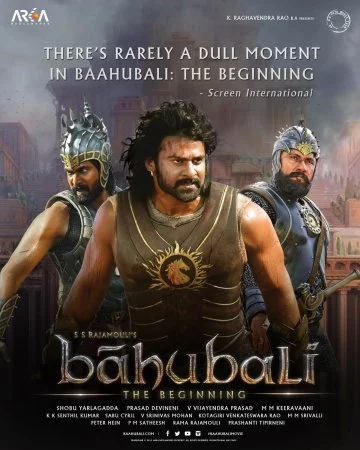
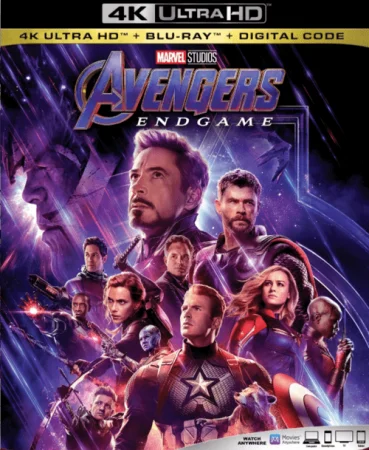
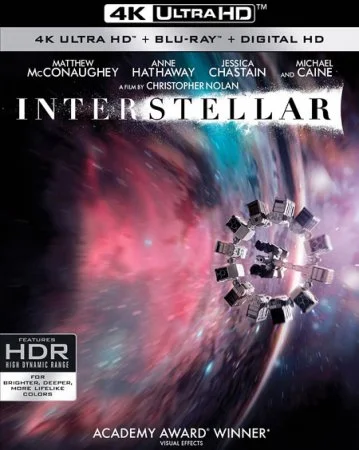
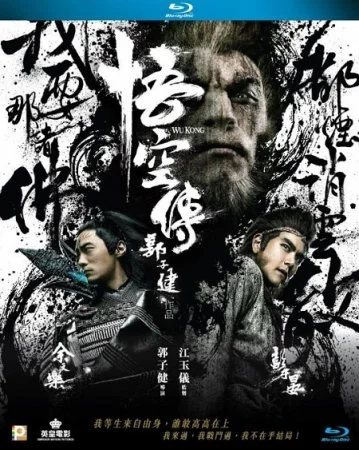
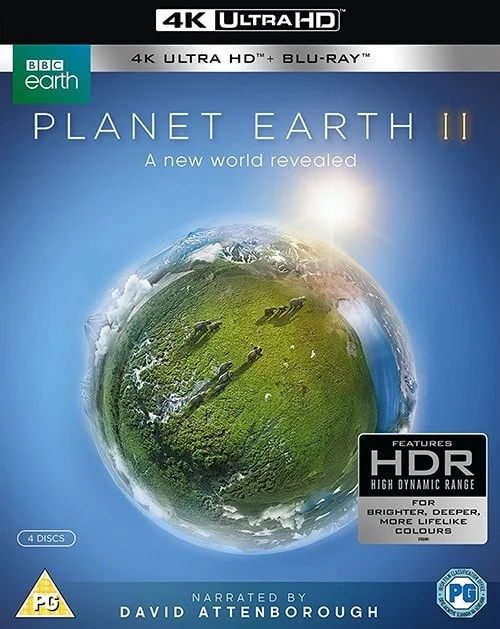
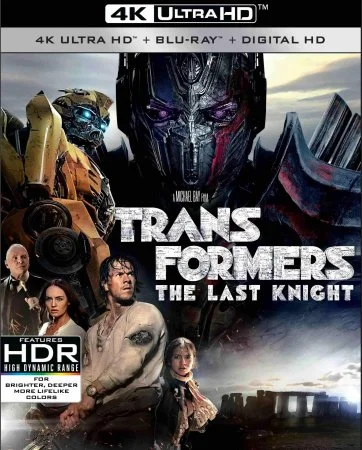
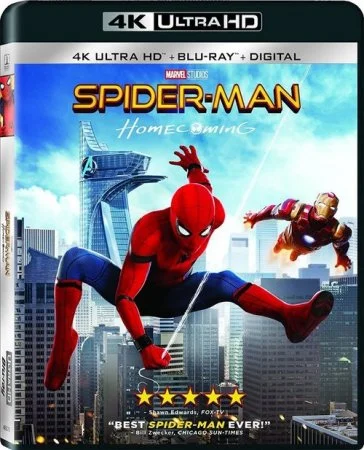
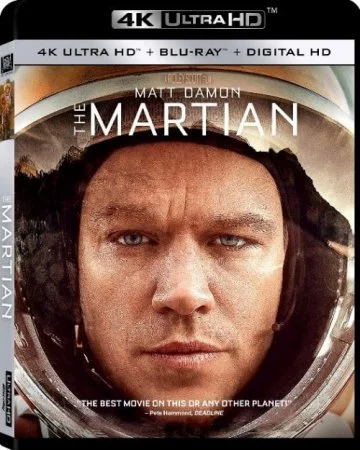
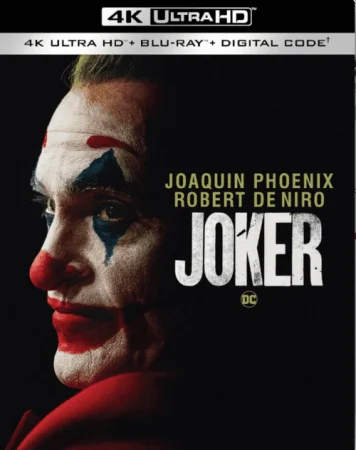
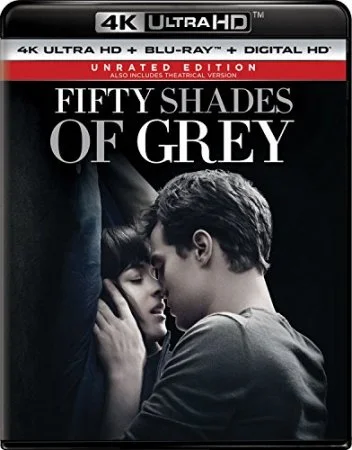
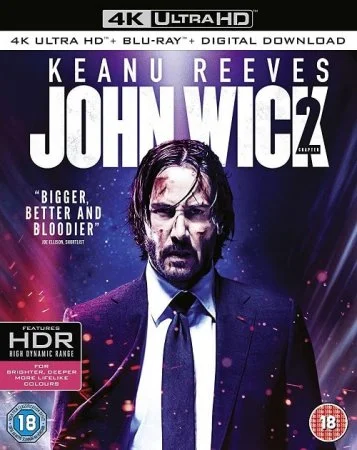

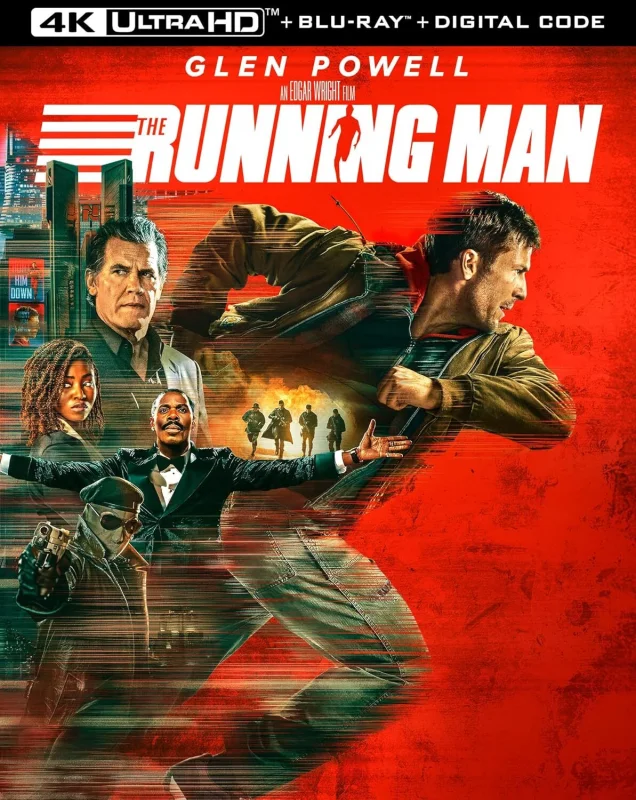
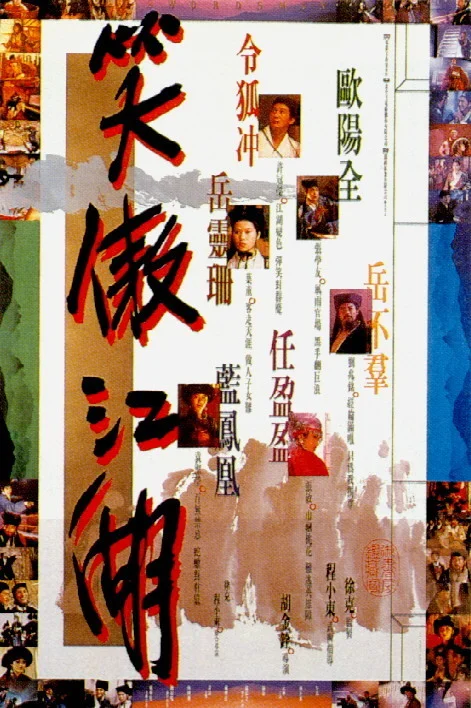
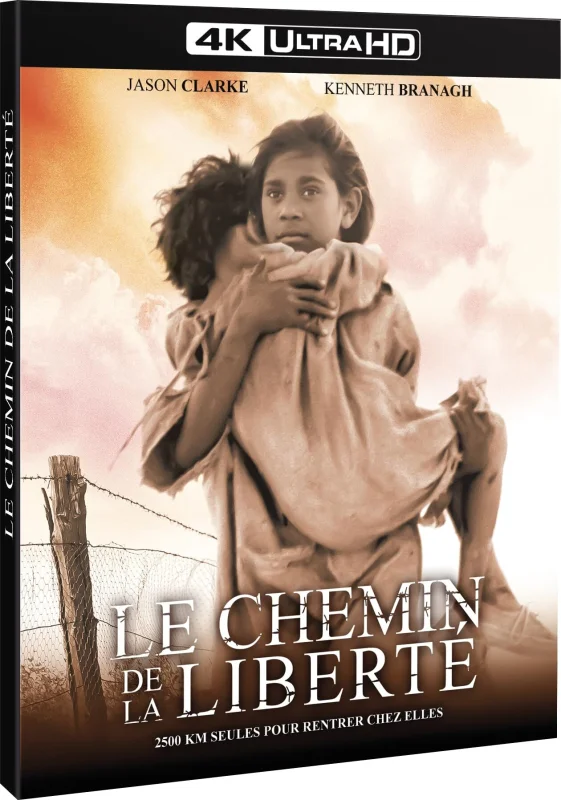
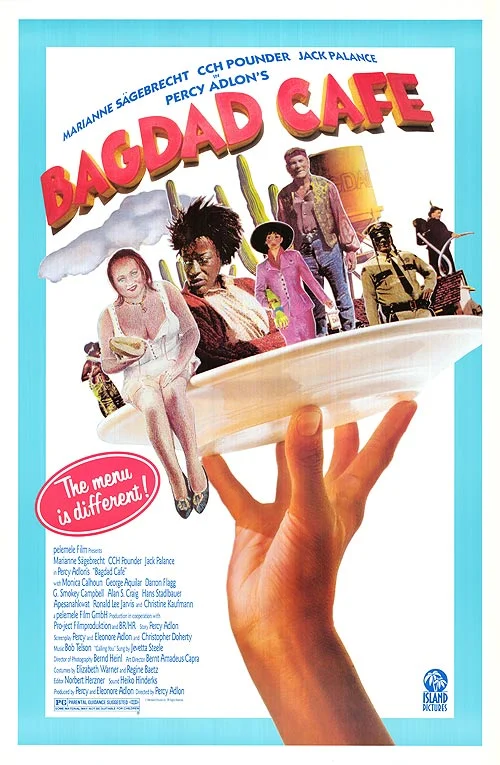
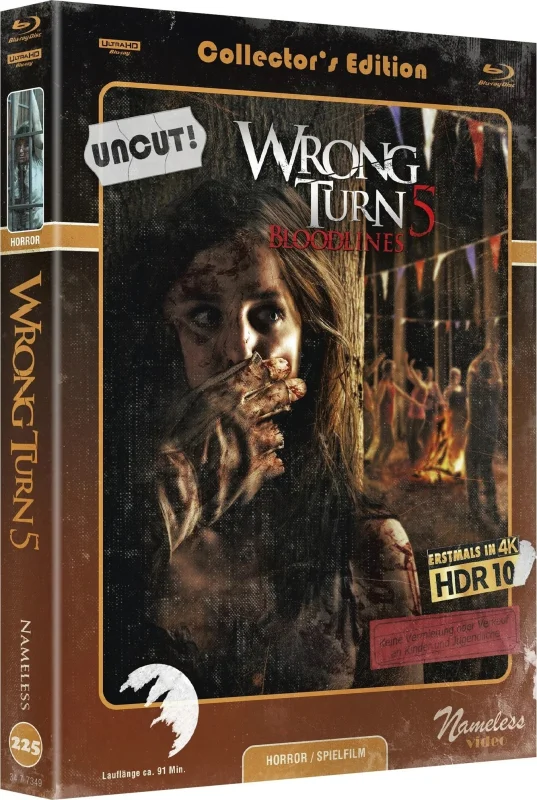
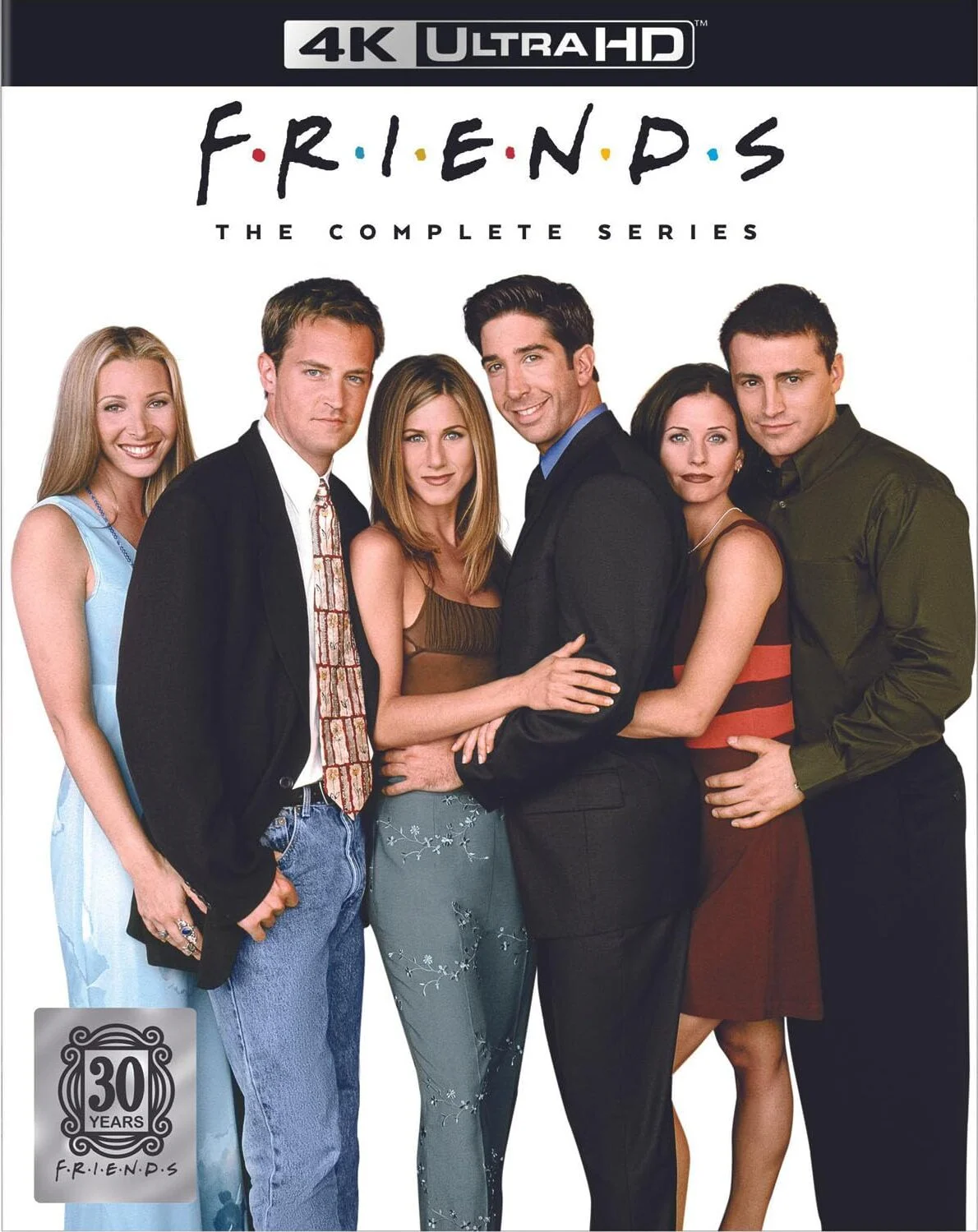
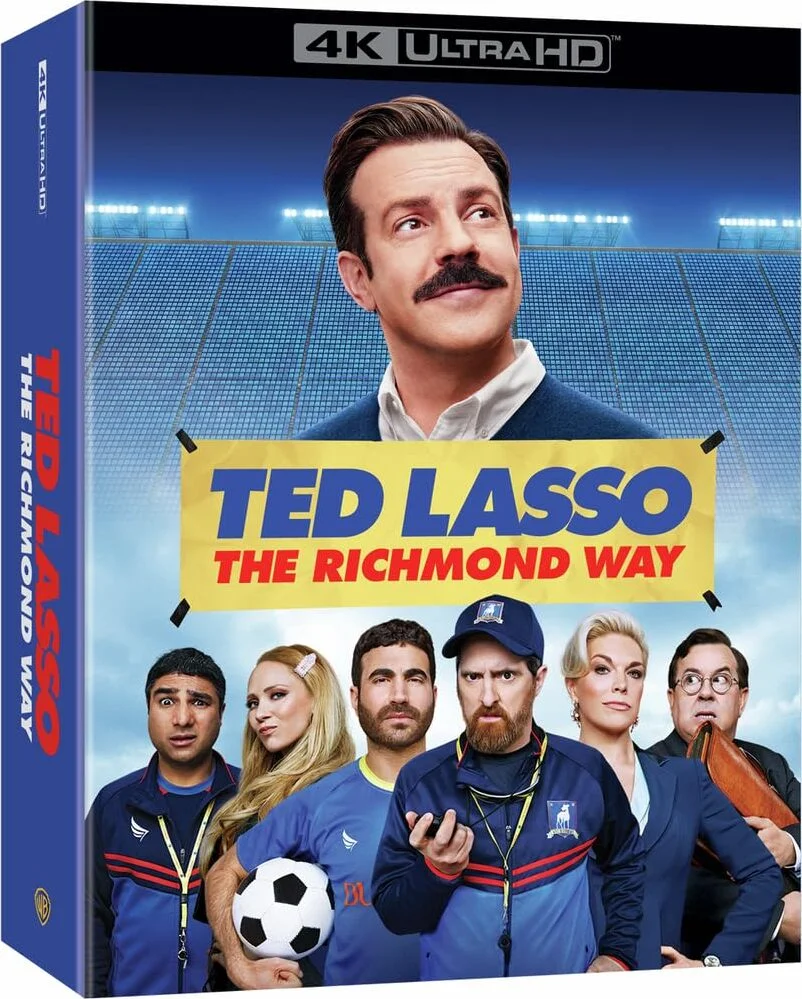


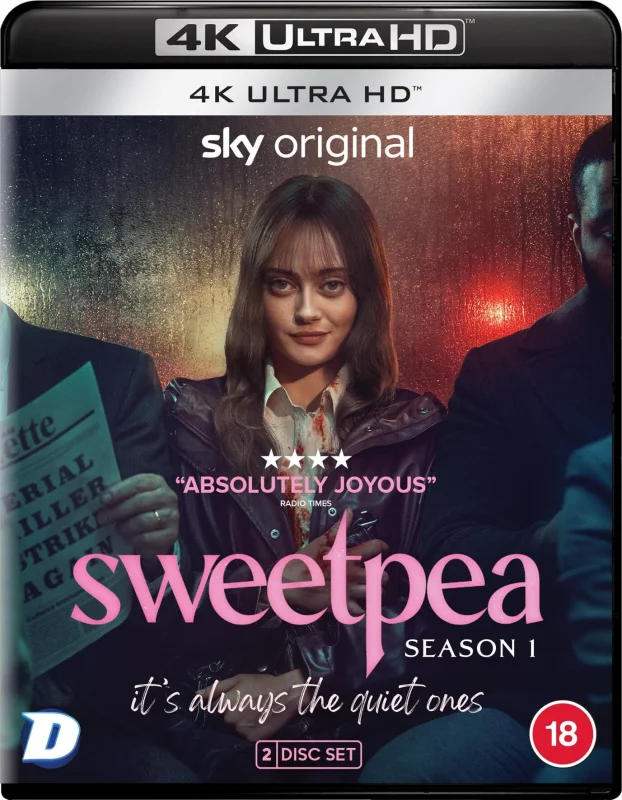
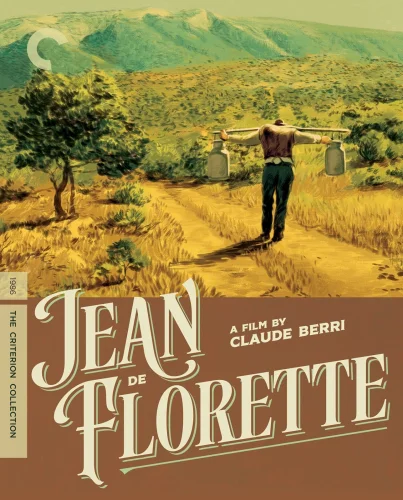
 Like
Like Don't Like
Don't Like